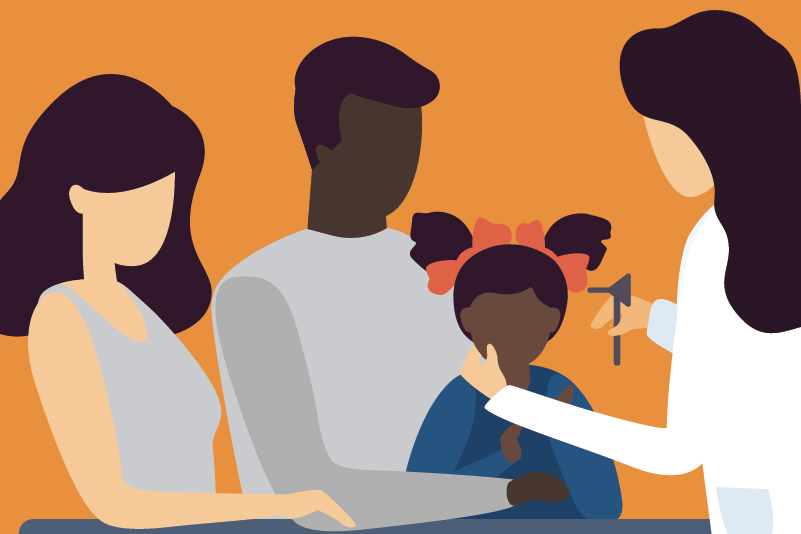#28 Are Acetaminophen and Ibuprofen Equivalent in the Treatment of Paediatric Fever?

Reading Tools for Practice Article can earn you MainPro+ Credits
Join NowAlready a CFPCLearn Member? Log in
- Review of Ibuprofen versus Acetaminophen:1
- 10 trials, 1,078 patients.
- Dose: Ibuprofen 5-10 mg/kg and acetaminophen 10-15mg/kg.
- Outcome:
- Ibuprofen statistically superior at 2, 4 and 6 hours.
- At 4-6 hours approximately 15% more ibuprofen patients will have fever reduction [number needed to treat (NNT) 7].
- Similar results in pooled analysis of 2 RCTs of children 6 months to 11 years (319 patients) of single dose ibuprofen versus acetaminophen.2
- PITCH:3 RCT (156 children age six months to six years) comparing ibuprofen 10mg/kg q6-8 hours, acetaminophen 15mg/kg q4-6 hours or both.
- Outcomes (statistically significant):
- Time without fever in first four hours: Combination superior to acetaminophen by 55. 3 minutes but not ibuprofen.
- Combination had reduced fever time in first 24 hours.
- Acetaminophen 4.4 hours more.
- Ibuprofen 2.5 hours more.
- Authors recommended ibuprofen due to superiority to acetaminophen, similar to combination with less risk of excess dosing.
- Cochrane4 review of PITCH plus 5 other studies found similar.
- Outcomes (statistically significant):
- Overdosing of medications reported in 21% children in PITCH.3
- Debate:
- No evidence that fever itself is harmful.5
- Antipyretics not shown to prevent febrile seizures.6,7
- No evidence that treating fever in mild infections is harmful (unless overdosed) and present evidence shows it does not prolong illness.8
- If treated, goal should likely be comfort (although no studies have investigated “comfort” in fever).
- Adverse effects of ibuprofen compared to acetaminophen:
- Asthma: Ibuprofen carries the same or perhaps slightly lower risk versus acetaminophen9
- Reye Syndrome: No increased risk.10,11
- GI Effect & Renal: No evidence of risk.12 Canadian Pediatric Society advises against ibuprofen if a child is not “drinking reasonably well.”13
- “Systemic” Reaction: No evidence of risk.12






